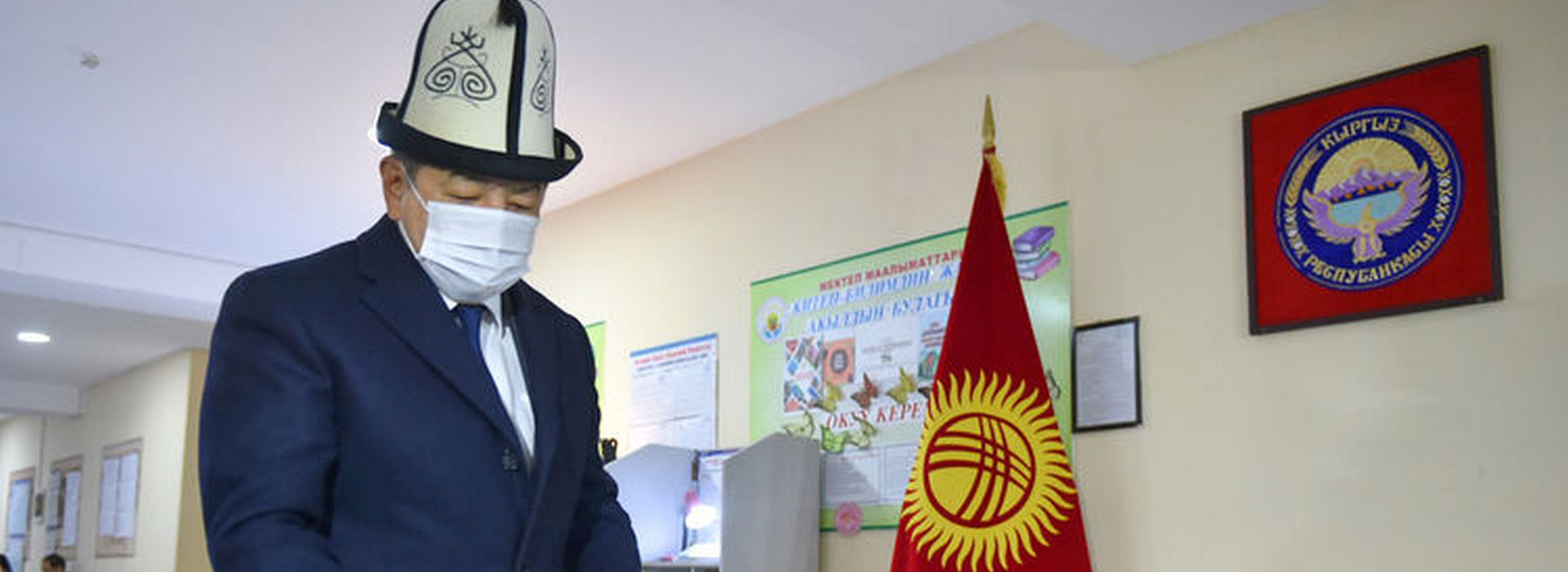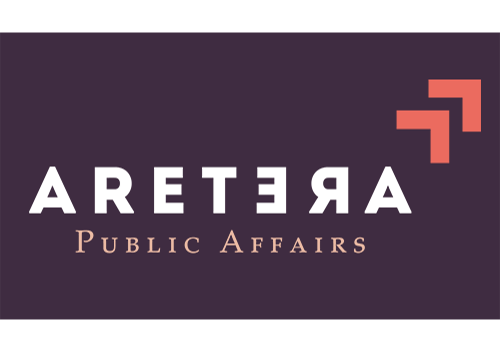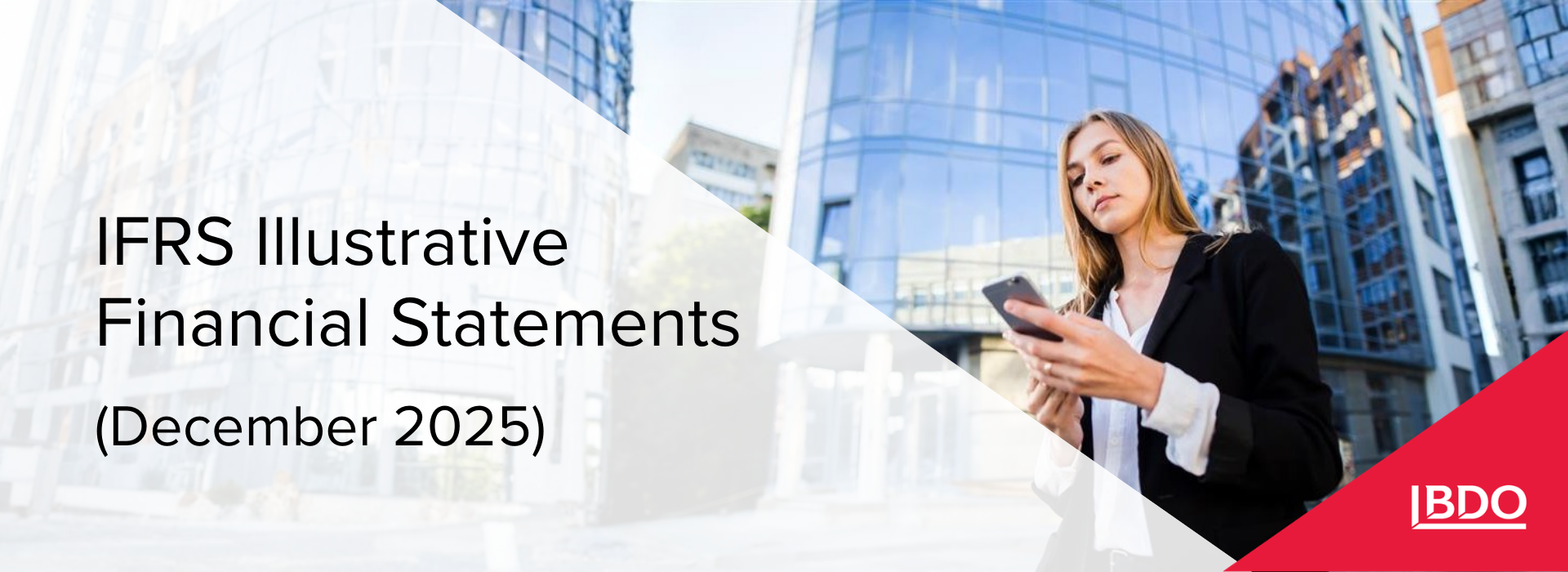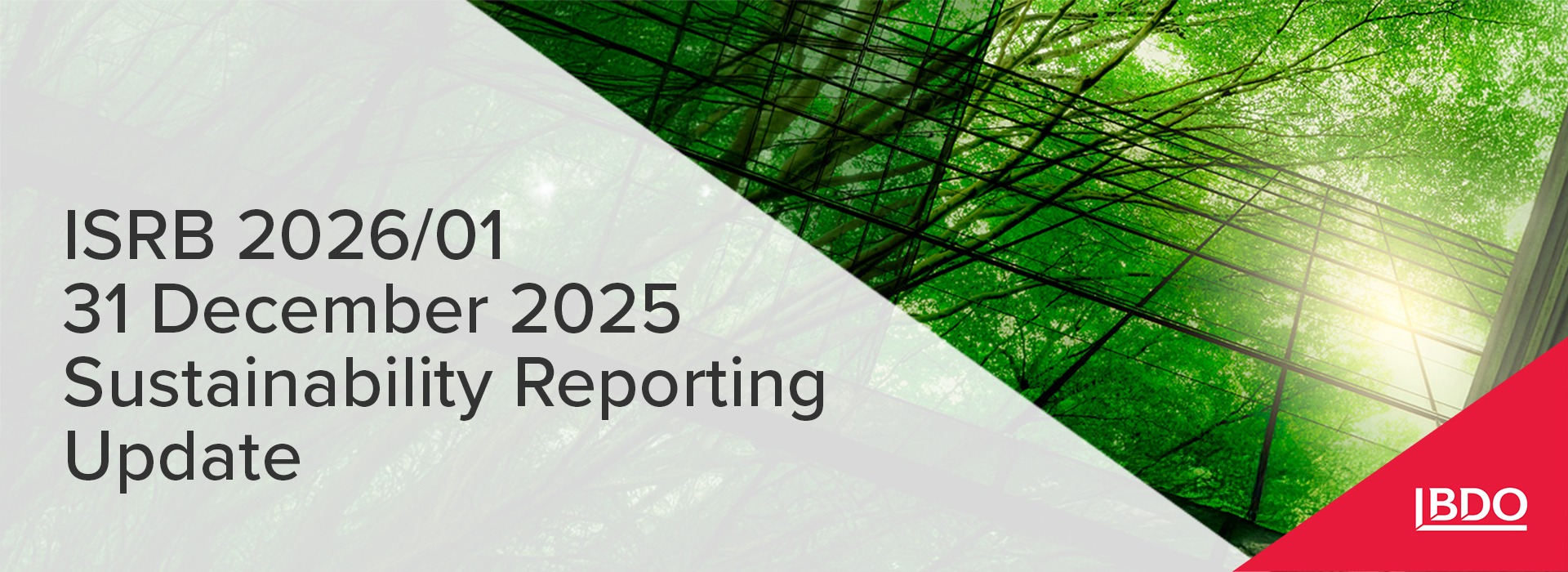Political situation in Kyrgyzstan stabilizes after the elections to its Parliament (Jogorku Kenesh), but relations with foreign investors become more complicated.
On 28 November, for the first time since the approval of its new constitution in May 2021, (which modified the country's form of government from a parliamentary-presidential to a fully-presidential system) Kyrgyzstan held elections to its Parliament (Jogorku Kenesh).
Preliminary results suggest there will be six parties in the 90-seat Parliament which were not previously members. Nevertheless, many politicians who served in the previous parliament successfully ran as members of new parties, therefore any renewal of the elites has been limited. The parties that made it into parliament remain loyal to the government, though are not directly affiliated to President Zhaparov.
Several parties that did not enter Parliament have claimed election rigging (which prompted a manual vote recount). The authorities, however, have so far succeeded in avoiding post-election mass protests that would have threatened a new political crisis. The Central Election Committee has already stated that there will be no repeat election.
The low voter turnout (34%) and high level of protest voting demonstrated a clear lack of interest in the elections and low levels of trust in parliament as an institution, principally due to a drastic curtailing of the Jogorku Kenesh’s powers and to a change in governance resulting from the 2021 constitutional reform.
The parliamentary elections have served to stabilize Kyrgyzstan’s political situation following the acute crisis in 2020 (dissolution of parliament, the President’s resignation and complete reset of the authorities).
The election of a new parliament does not automatically mean the government must resign or undergo a reshuffle; this is done only at the discretion of the President. Even though parliament now plays a lesser role in the power system, the very fact that the elections have been held boosts the legitimacy of the authorities.
At the same time, the system remains unstable and hinges largely on the fragile balance of interests between clan elites and on the continued popularity of President Sadyr Japarov, while President Japarov’s populism significantly complicates official Bishkek’s relations with foreign business.
Full review here.




























